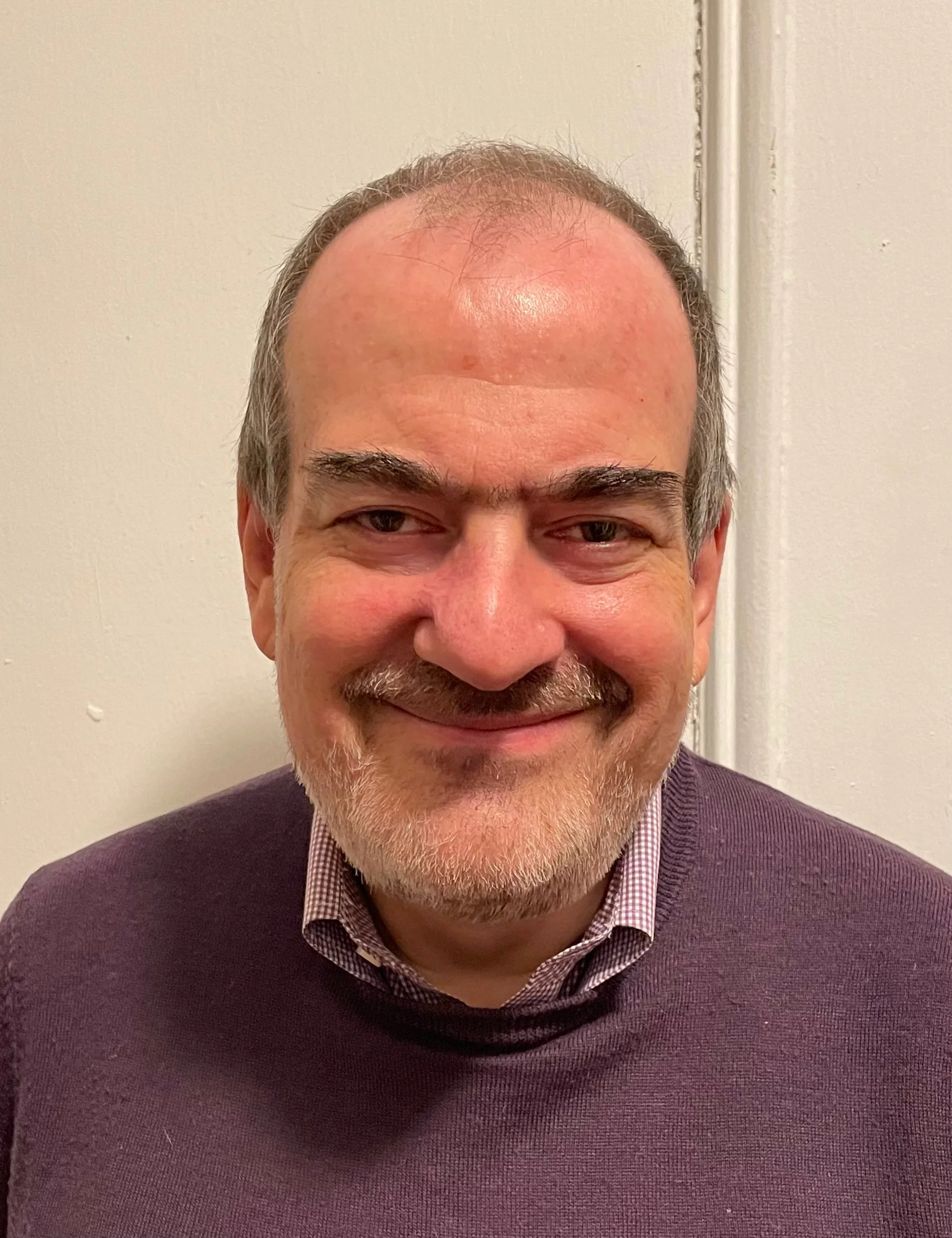Dean & Chair’s Messages
Dean’s Message
Welcome to the 35th Columbia University Film Festival––the culminating event for our MFA Film students–– and one I look forward to each year.
When the Festival began in 1987, it consisted of only four shorts followed by a panel discussion. Over time the Festival has grown to become an expansive and greatly anticipated Columbia tradition, that includes several days of screenings, readings, interviews, panels, and events in New York and Los Angeles. This year we will screen 43 films over several days.
Although the COVID years halted production as never before, immobilizing filmmakers, our students and recent alumni nonetheless persisted. They wrote extraordinary scripts for film and television, and completed excellent films. This year 60 film scripts were submitted to the screenwriting competition. The festival therefore promises to be a unique and inspiring event.
The films presented will be varied, unexpected, at times profound and full of exuberance. As always, there will be great interest in the work of this next generation of writers, producers, and filmmakers, especially because some have had to conceptualize and develop their work under extremely difficult conditions, but the creative spirit truly has prevailed.
Congratulations to all our student filmmakers and to the dedicated faculty and staff who have guided them over the years. I am sure we will find much to enjoy in the festival–– that which is both fascinating and exhilarating in itself and as a record of the creative brilliance of these artists at a unique historical moment.
Carol Becker
Dean of Faculty
Columbia University School of the Arts
Chair’s Message
Artists need something to push against. The most compelling art often emerges at times of crisis and struggle.
This will come as no surprise to anyone familiar with film theorist Robert McKee’s Principle of Antagonism: “A protagonist and his story can only be as intellectually fascinating and emotionally compelling as the forces of antagonism make them.” It’s only through conflict with an opposing force that a protagonist is driven to call upon their deepest inner resources; only then do we know what our hero is really made of. Without Hans Gruber, John McClane would just be a cop with marital problems. Without Pacific Gas & Electric, Erin Brockovich would just be a paralegal trying to provide for her kids. Conflict with an antagonist is what unlocks their hidden potential.
One example that’s particularly meaningful for the Columbia University Film program is the Czech New Wave of the 1960s, in which filmmakers like Miloš Forman and Vera Chytilová created masterpieces of cinema in order to affirm human values under an authoritarian regime. Forman and his New Wave comrades Frank Daniel and Milena Jelinek later came to Columbia, where they gave the Film program its shape and mission. So you could say that pushing against the forces of antagonism is in the very DNA of Columbia Film.
The students whose thesis films are featured in this year’s CUFF have had to push against more antagonism than they ever could have expected. They struggled to make meaningful work at the height of a global pandemic. They were spurred to action by the Black Lives Matter movement, the #MeToo movement, and the environmental justice movement. Much of their work is actively engaged with the deepest divisions and most urgent issues in the contemporary world, including systemic racism, income inequality, gender expression, bodily autonomy, and the future of life on Earth. But this hasn’t resulted in a group of preachy, boring, heavy films. On the contrary, conflict has brought out the best in our film students. These emerging artists understand the metonymy through which the specific becomes universal, and how an intensely observed personal story can reveal fundamental truths.
These are films that matter, made by filmmakers with something to say and the skills with which to say it. I couldn’t be prouder of them, or of the tireless faculty and staff who have helped them get to this point – the point where an audience can watch their work and be moved, inspired, entertained, and changed.
It took a lot to make every one of these films, and every one is a victory in its own way. These filmmakers are heroes.
Jack Lechner
Chair of Film
Columbia University School of the Arts



